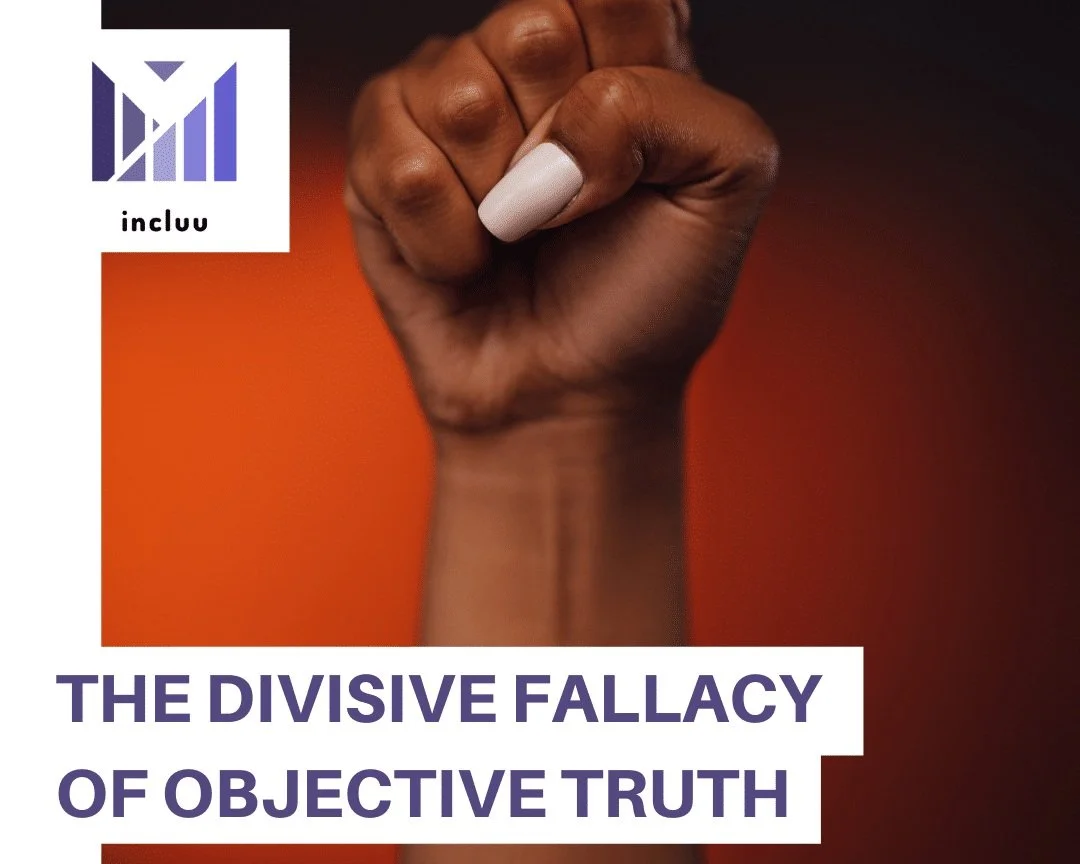[Helen] Pluckrose believes there is an objective truth! She believes in one truth that is rooted in Western, White/European ideologies of a particular scientific method which denounces any other forms of truth. Of course, this is a dangerous assumption.
Helen Pluckrose, the founder of the site Counterweight, has been outspoken in her critique of Critical Social Justice Theory (CSJ). In her article, 'What do we Mean by Critical Social Justice,' published earlier this year, Pluckrose attempts to explain her opposition to Critical Social Justice. She begins with the assertion that Liberalism and CST are quite similar and have shared goals.
The Politics of 'Objectivity'
The claim to objectivity is itself a political move. When someone declares their position 'objective' and opposing views 'ideological,' they're not making a neutral assessment—they're claiming authority. They're saying: my perspective is the default, the norm, the truth. Yours is deviation.
This is how power works in knowledge production. Western, white, male perspectives have been coded as 'universal' and 'objective' for centuries. Alternative perspectives—from women, from people of color, from the Global South, from Indigenous communities—have been dismissed as 'subjective,' 'particular,' or 'biased.'
The Myth of Objectivity
The idea that there is a single, objective truth—accessible through Western scientific methods—ignores the ways that knowledge production itself is shaped by power. Whose questions get asked? Whose methods are considered valid? Whose perspectives are treated as universal? These aren't neutral decisions. They're political ones.
This isn't to say that facts don't exist or that evidence doesn't matter. It's to recognize that what we count as evidence, how we interpret it, and whose interpretation we privilege are all shaped by our social position. Acknowledging this isn't relativism—it's intellectual honesty.
The scientific method itself was developed in a particular cultural context, by particular people, to answer particular questions. It's a powerful tool—but it's not the only tool for understanding the world. And pretending otherwise is itself a form of cultural imperialism.
Beyond False Dichotomies
Critics of Critical Social Justice love to present a false choice: either you believe in objective truth, or you believe anything goes. This is a strawman. No serious scholar argues that all perspectives are equally valid in all contexts, or that we should abandon evidence-based reasoning.
The choice isn't between 'objective truth' and chaos. It's between a narrow conception of knowledge that centers certain voices and a more capacious understanding that makes room for multiple ways of knowing. This isn't division—it's expansion. It's recognizing that the world is complex, that different perspectives reveal different truths, and that no single vantage point captures everything.
Those who feel threatened by this expansion are often those who have benefited most from the old hierarchy. When your perspective has been treated as universal, any challenge feels like an attack. But it's not. It's an invitation to a richer, more honest understanding of the world we share.
